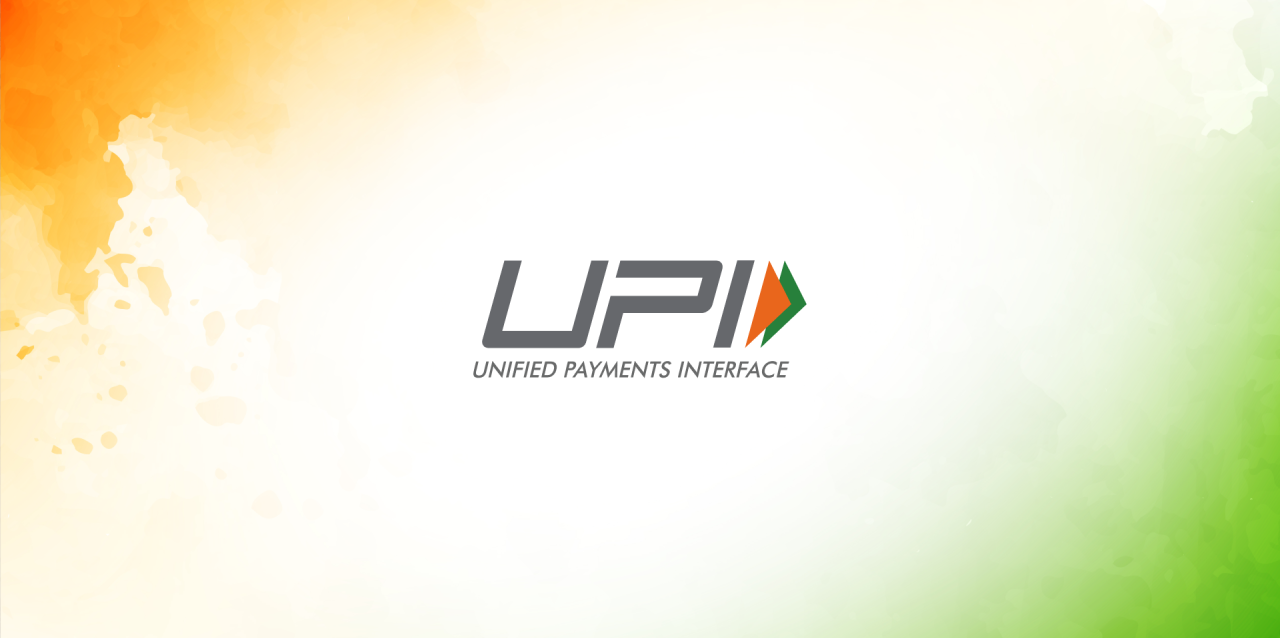India’s digital payment landscape has undergone a remarkable transformation, with the Unified Payments Interface (UPI) emerging as the driving force behind the country’s cashless economy. Launched by the National Payments Corporation of India (NPCI) in 2016, UPI has become the backbone of digital transactions, facilitating seamless peer-to-peer (P2P) and business-to-customer (B2C) payments.
With record-breaking adoption rates, UPI has not only strengthened India’s digital infrastructure but has also gained global recognition for its efficiency, security, and scalability.
Growth & Adoption of UPI
- Unprecedented Transaction Volume: In 2023, UPI processed 117 billion transactions, amounting to $2.19 trillion. By June 2024, monthly transactions reached $245 billion, making UPI the world’s most successful real-time payment system.
- Expanding User Base: UPI currently boasts over 350 million monthly active users, with increasing adoption across urban and rural India.
- Global Expansion: Several countries, including Bhutan, UAE, Malaysia, Singapore, Sri Lanka, and France, have partnered with India to integrate UPI into their payment systems.
Key Players in the UPI Ecosystem
UPI’s success is driven by a diverse ecosystem that includes:
- Banks & Financial Institutions: Over 550 banks are integrated with UPI, ensuring wide accessibility.
- UPI Payment Apps: Leading apps such as Google Pay, PhonePe, Paytm, Amazon Pay, and BHIM facilitate digital transactions.
- Fintech Companies & Payment Aggregators: Innovators are leveraging UPI to build solutions like UPI Lite, UPI Autopay, and UPI for ASBA (IPO transactions).
- Regulatory Bodies: NPCI, RBI, and the Government of India continue to introduce policies to ensure security and scalability.
Recent Innovations in UPI
- UPI 123Pay: Enables feature phone users to make payments without an internet connection.
- UPI for ASBA (IPO Investments): Simplifies investing in IPOs using UPI as a direct payment method.
- UPI Lite: Facilitates small-value transactions without requiring a PIN.
- UPI International Expansion: Collaborations with international payment networks to facilitate cross-border transactions.
Challenges & Future Prospects
Challenges:
- Cybersecurity Risks: With rising digital transactions, the need for enhanced fraud prevention measures is critical.
- Infrastructure Scaling: Managing high transaction volumes while ensuring system stability is a key challenge.
- Global Integration: Adapting UPI to international regulatory frameworks requires continuous innovation.
Future Opportunities:
- UPI for Credit & BNPL (Buy Now, Pay Later): New payment models can integrate UPI with credit lines and lending solutions.
- Government & Utility Payments: Expansion of UPI into tax payments, toll collections, and municipal services.
- AI & Blockchain Integration: Leveraging advanced technologies to enhance security and transaction efficiency.
UPI has transformed India’s payment ecosystem, making digital transactions more accessible, secure, and efficient. With continuous innovation, regulatory support, and global adoption, UPI is poised to lead the future of digital payments worldwide.
As businesses and fintech players continue to leverage this robust platform, the Indian UPI market will play a pivotal role in shaping the future of the global digital economy.




